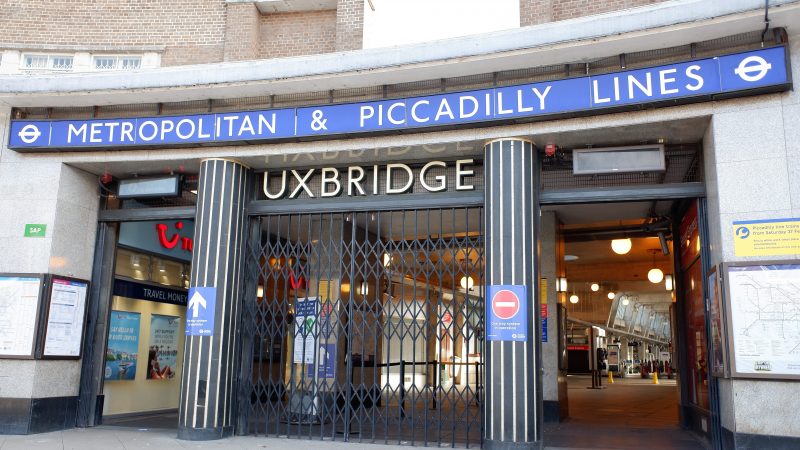
It’s unlikely that many LabourList readers, waking up confused and initially slightly concerned at the news from Uxbridge and South Ruislip this morning, would have scrolled through Twitter searching for what Nadine Dorries had to say. Yet, in her verdict on the result, Dorries inadvertently stumbled upon a profound observation. Dorries noted: “If the horrible fictional invented by the media – ‘long Boris’ syndrome – did exist, it would have been felt worst in his own former constituency.”
Johnson’s political legacy, ‘long Boris’, if you like, did define the result last night in Uxbridge. It was just not in the way that Dorries quite meant. London’s ultra-low emission zone (ULEZ) – which seems, like it or not, to have done for the Labour Party in the constituency – was, after all, originally a Boris Johnson creation.
It is all the more ironic that this policy could now become a useful tool for Keir Starmer in his internal battles within the Labour Party. Given the choice before last night, Starmer might have wanted to go in to this weekend’s National Policy Forum with two big by-election wins in the bag. Instead, he has a historic swing in Selby and Ainsty that demonstrates his strategy is broadly working. And an example from Uxbridge and South Ruislip of what happens if Labour veers away from that broad direction.
ULEZ has much in common with policies being championed by the left
ULEZ is not among the dozens of amendments to Labour’s current draft policy platform that will be discussed this weekend. But the series of policy proposals from the left that will be – from universal primary free school meals to proportional representation – have some clear things in common with the scheme’s expansion: radical, ambitious, forward-looking, supported by the Labour grassroots – and not backed by the Labour leadership.
This week, Starmer’s public embrace of Tony Blair was seen as a key signal of Labour’s direction of travel. Yet Team Starmer has been known to take inspiration from the electoral success of a more recent Prime Minister: David Cameron’s victories in 2010 and 2015. What was seen as central to Cameron’s second victory in 2015 was a relentless focus on core campaign issues at the expense of policy announcements on less salient issues – what the party strategist Lynton Crosby famously called ‘scraping the barnacles off the boat’.
Uxbridge may be used as evidence of the electoral risks of radical policy
Starmer’s argument for this sort of ‘safety first’ approach towards radical policy has come under pressure this week. Hanging over the horse-trading at the NPF will be this week’s bruising battle over the two-child benefit cap, which the Times described as a “moment of maximum danger” for Starmer. The decision to pick that fight – and, make no mistake, it was an issue that Starmer could have fudged – was based on a central strategy: trust in the Labour Party on the economy is fragile, and the party should not take winning for granted. In these efforts Starmer has been gifted, at the perfect time, a useful parable of how radical policy popular with the left could completely derail Labour in an election campaign.
There are many reasons why this might be unfair caricature of the politics of the ULEZ expansion. Its key proponent Sadiq Khan is hardly a radical opponent of Starmerism. The expansion of ULEZ is probably a necessary policy decision to meet emissions targets. A Labour manifesto depleted of all ambition on the environment will be a hollow document. Yet what is likely to hold greater sway than all that is a 24% swing in Selby and Ainsty following a relentless campaign fought on Starmer’s terms. And a 7% swing in a campaign in Uxbridge that wasn’t.




More from LabourList
‘Labour won’t stop the far right by changing leaders — only by proving what the left can deliver’
‘Cutting Welsh university funding would be economic vandalism, not reform’
Sadiq Khan signals he will stand for a fourth term as London Mayor